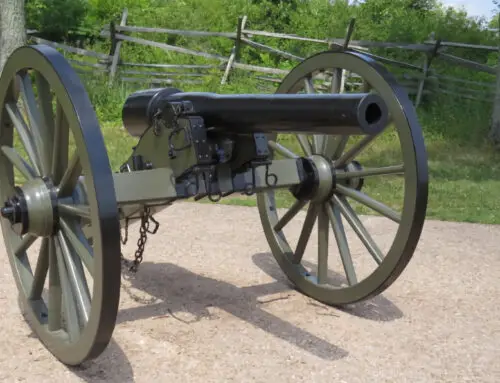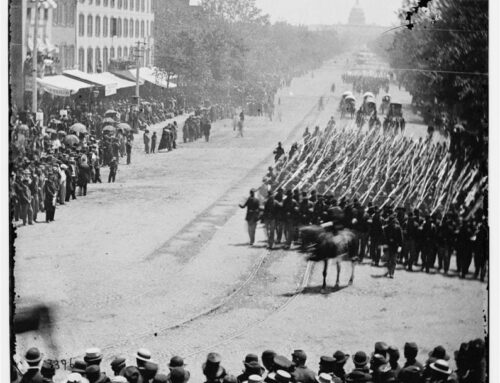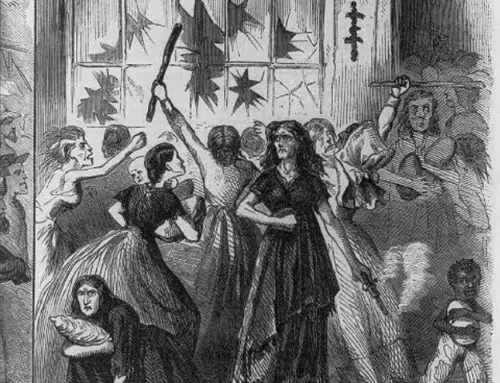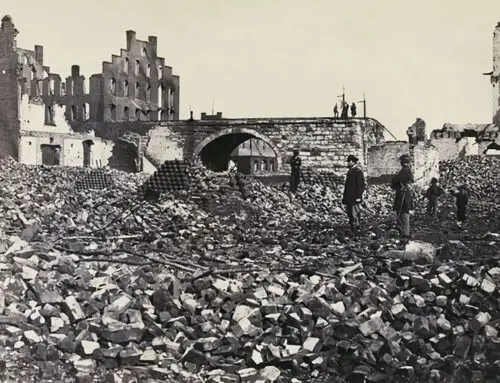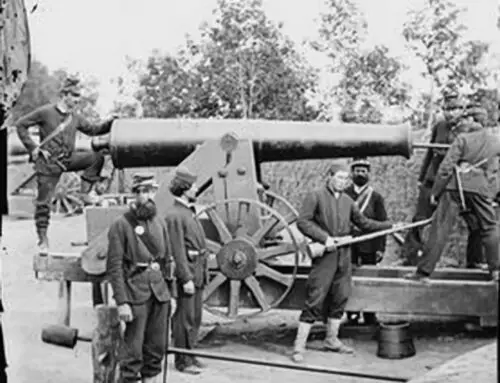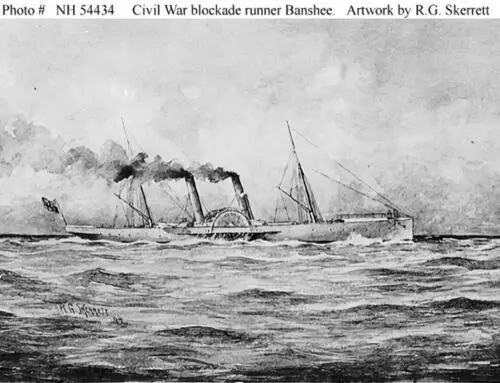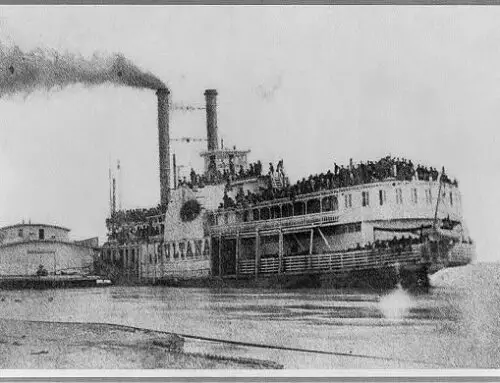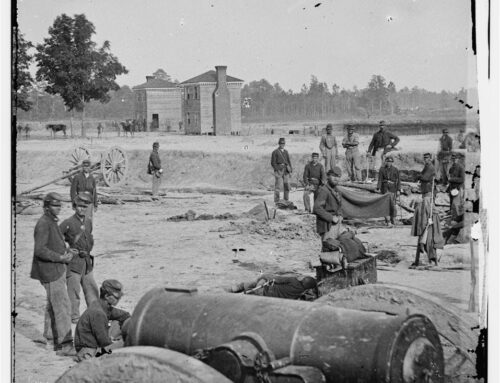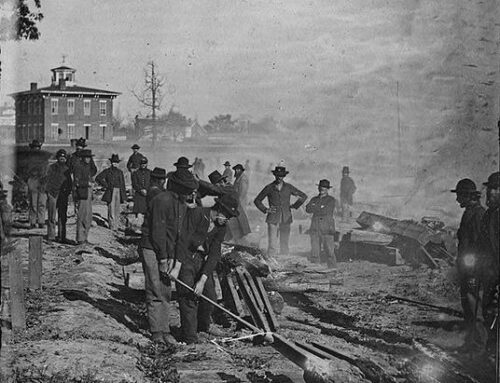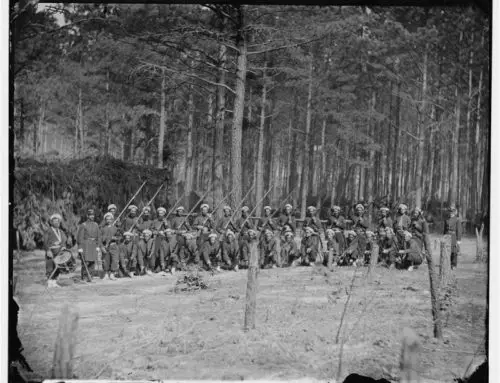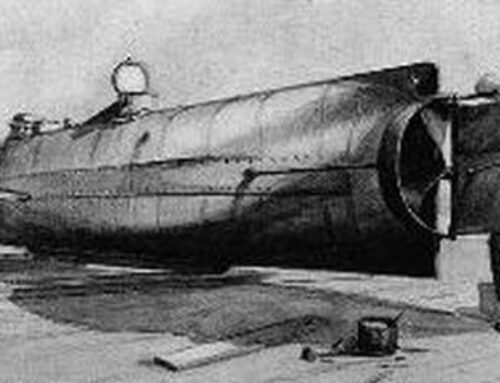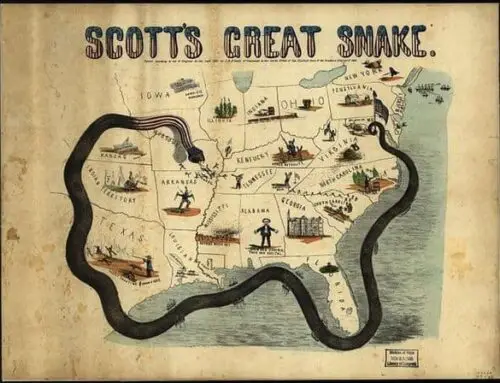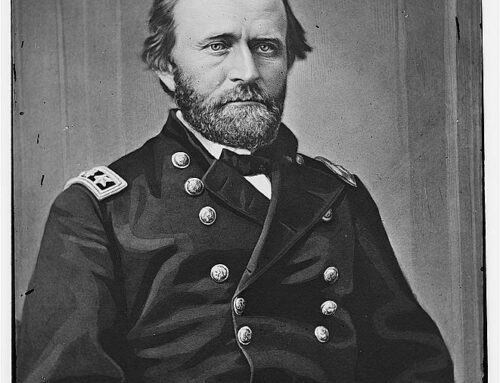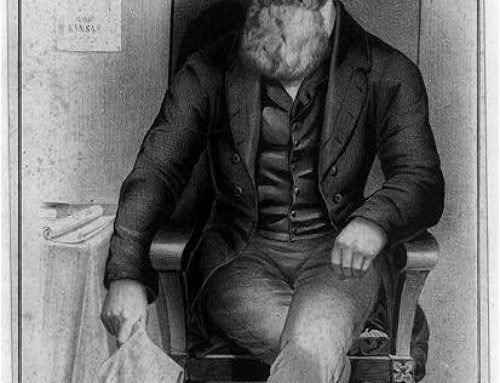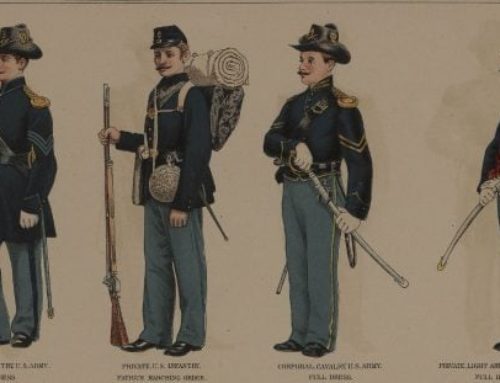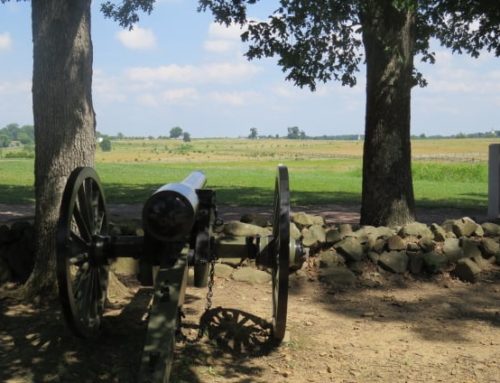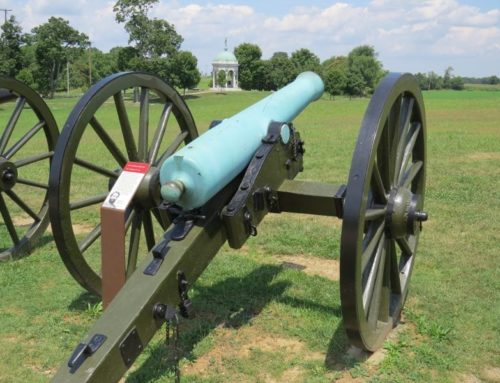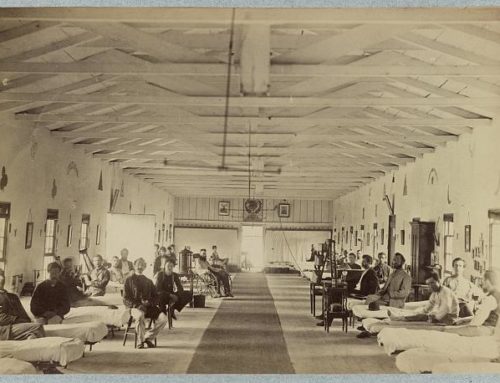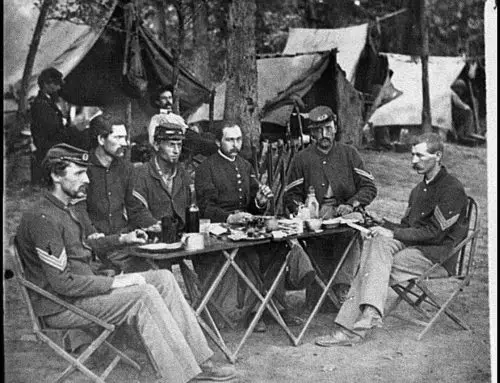(1805-1871)
Robert Anderson was born on June 14th 1805 near Louisville, Kentucky. At the end of his career he had risen to the rank of general. His greatest claim to fame was his appointment as commander of the forts occupying Charleston Harbor, South Carolina in 1861.
In 1860 Robert Anderson was a Major in the Union army. In December of 1860 he was ordered to occupy Fort Moultrie in Charleston Harbor, South Carolina. He quickly started to improve it’s defenses, although he considered the fort and his small garrison of seventy five men to weak to withstand any Confederate attack.
Anderson made a decision that would end up being the ignition switch for the Civil War. Seeing that his present assignment, Fort Moultrie, lacked adequate defensive qualities, he took it upon himself to relocate the fort. Anderson chose Ft. Sumter as his relocation command post.
Fort Sumter is an island that sits at the entrance to Charleston Harbor. It is a strong defensive position. Major Anderson decided to move his command to Fort Sumter.
During his first year at Fort Sumter, the little fort on the sandbar would make history, and forever list Anderson as the commander who lit the fuse. Carolinian gunners without provocation fired upon a Federal relief ship The Star of the West. Anderson, not willing to start a war, refused to allow his forces to fire back.
A few months later on April 12, 1861, Anderson refused to sign a condition of surrender from the Confederates. This angered the rebel leaders and the attack on Fort Sumter was commenced.
Anderson fired back this time but ultimately the fort was forced to surrender due to the overwhelming military superiority brought to the fort by the Confederates. Robert Anderson then signed the surrender order and went back to the North a disgruntled failure. Anderson accepted full blame for the loss and suffered greatly in his own mind for his failure to defer a national war.
His military experience ended with Fort Sumter and for the rest of his career he commanded small out of the way post. Never being able to demonstrate his vast military expertise again, Anderson retired from active duty on October27, 1863. Eight years after his resignation, Anderson died.
Before his death Anderson received an honor from the Federal army. When Fort Sumter was reclaimed by the yanks in the middle of the Civil War, Anderson was appointed to raise the same flag that was lowered when he surrendered to the Confederates.
A fitting ending to a career undefined except for the commanders’ inability to start a fight. This inability to fight certainly cost Anderson any opportunity to showcase his talents earned in West Point. He will go down in the annals of history as the man who started The Civil War without even firing a shot.



